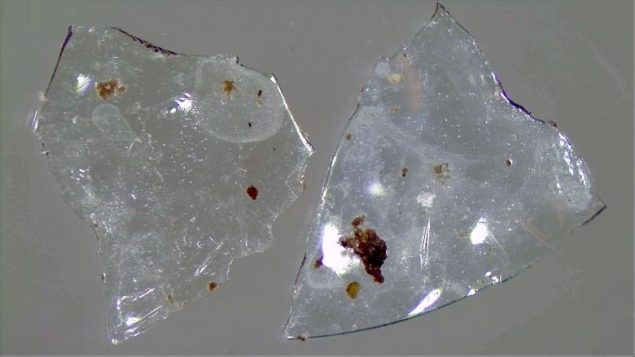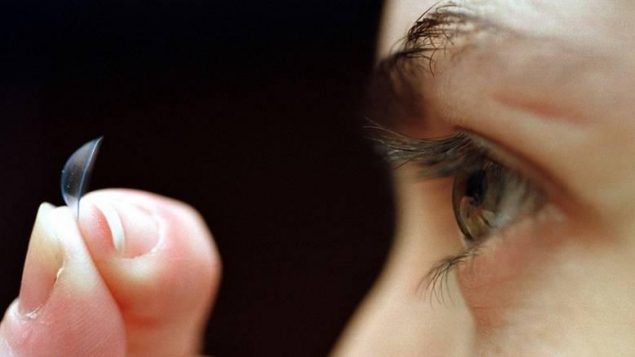An American study has found that old contact lenses are becoming a source of more plastic pollution in waterways and oceans.
The study said that in the U.S alone about 45 million people wear contact lenses. Arizona State University researchers in a small survey found that about one fifth of users flushed old lenses down the toilet or sink.
Arizona State PhD student Charles Rolsky, co-author of the study quoted in an ASU article said , contact lens use amounts to “1.8–3.36 billion lenses flushed per year, or about 20–23 metric tons of wastewater-borne plastics annually.”

The lenses tend to sink to the bottom of holding tanks at treatment facilities and where microbes only partially break down into small bits and microplastics. Lens plastic is a special alloy designed to “breathe” or let oxygen through to the eye surface. This soft alloy can absorb toxins even more readily than other very common plastics like polypropylene, or polyester used in a very wide range of products (Charles Rolsky- Arizona State University).
The plastic lenses over time absorb toxic chemicals in the sludge which is often later used as landfill or spread on land where it can enter the food chain through earthworms. The plastic as a microplastic can also enter waterways through runoff where they can again enter the foodchain as microplastic is often mistaken by aquatic creatures as food.
- RCI: Dec 2017: Microplastics found in mussels in Norway
- RCI: Apr 2018: microplastics in the Arctic
- RCI: Feb 2018: microplastics in Great Lakes
Rolf Halden, director of the Biodesign Center for Environmental Health Engineering at Arizona State University who directed the study. He said that even though lenses make up a very small percentage of plastics entering lakes and oceans, people should still be taught to put them in with solid waste and not down the toilet or sink.
Even better he said would be for manufacturers to make it easier to recycle plastic contact lenses. Quoted in Time magazine he said, “There’s a lot of plastic still going from our population into the environment, into the ocean, and it ultimately comes back to us and can harm us. Everyone should have an incentive to avoid plastic pollution”.







For reasons beyond our control, and for an undetermined period of time, our comment section is now closed. However, our social networks remain open to your contributions.